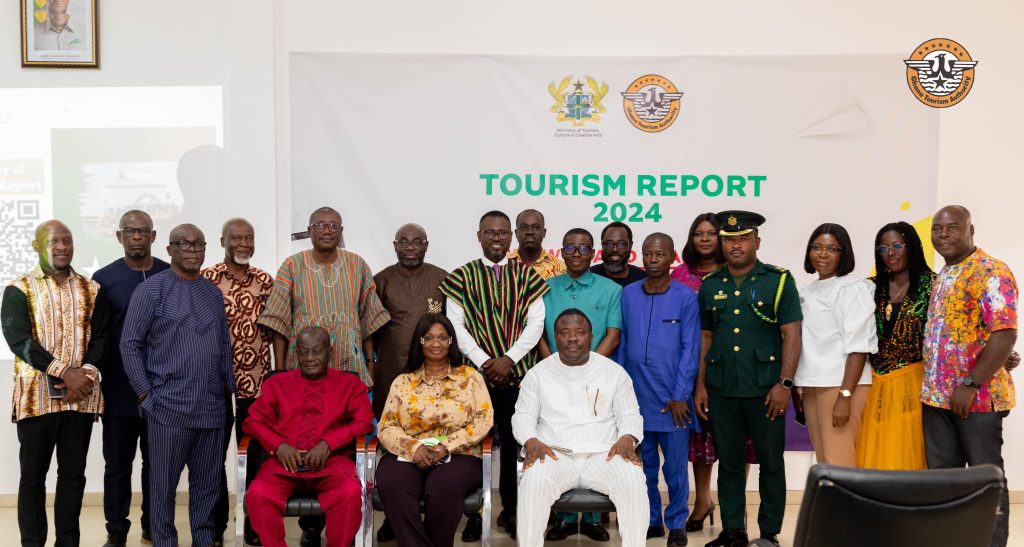
President Mahama Launches Ghana Infrastructure Plan: A 30-Year Vision
President John Dramani Mahama officially launched the Ghana Infrastructure Plan (GIP) on October 22, 2025, providing a long-term strategic framework to develop modern and sustainable infrastructure by 2057, Ghana’s centenary of independence. This marks only the second comprehensive infrastructure plan since the country gained independence in 1957.
President Mahama emphasized that the plan was initially completed in 2016 and revised in 2019 but was shelved for years. He stated the GIP provides the tools while the Big Push initiative will deliver the results, noting that founding President Kwame Nkrumah gave the blueprint for national development.
At the launch, President Mahama announced stringent fiscal measures including a legal cap on the debt ceiling at 45% of GDP by 2034 and the establishment of a Fiscal Responsibility Council to penalize infractions under the Public Financial Management Act.
Addressing Cost Overruns and Project Continuity
The National Development Planning Commission’s 2024 Annual Progress Report revealed over GH¢70 billion in cost overruns across 18,000 capital projects, with many delayed or abandoned. This staggering figure highlights the urgent need for continuity and proper project management across political administrations.
President Mahama strongly criticized geographical imbalance in national development and proposed establishing an agro-industrial park in the northern part of the country with incentives to redirect foreign investors from Accra to create jobs and opportunities for northern youth.
Infrastructure Investment Framework and PPP Reform
The government is enhancing the capacity of the Ghana Infrastructure Investment Fund (GIIF) to bridge financing gaps, leverage equity, and attract funding from development finance institutions and private investors. The Ministry of Finance plans to roll out a reformed Public-Private Partnership framework that enhances bankability, transparency, and long-term fiscal sustainability.
Deputy Finance Minister Thomas Ampem Nyarko emphasized that infrastructure investments will focus on roads and transport to ease congestion and connect markets, energy infrastructure to ensure reliable power supply, water and sanitation to improve public health, and digital infrastructure to support the knowledge economy.
Ghana Free Zones Authority Backs Infrastructure Plan
The Ghana Free Zones Authority pledged full support for implementing the 40-Year Ghana Infrastructure Plan. CEO Dr. Mary Awusi stated the plan provides a clear vision for building the physical and industrial backbone that directly supports developing world-class export processing zones and positioning Ghana as an industrial hub in West Africa.






